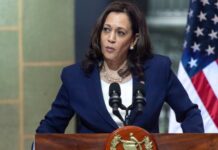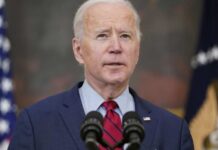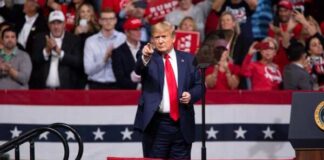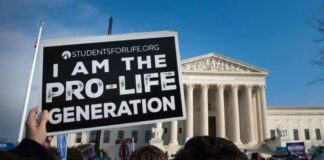Get ready for a United Nations report that will be released in June. It will focus on the “perceived contradictions” between religious freedom and sexual orientation and gender identity, or SOGI, laws.
This report is intended to push governments to “fully comply with their obligations under international human rights law to protect and empower LGBT+ persons,” according to a U.N. announcement.
The U.N. is to introduce its findings at the 53rd Human Rights Council meeting in June. The report aims to find ways to “protect LGBT+ persons’ access to faith and spirituality” and it states that religious beliefs that would contradict this are not “justified” under the protection of human rights.
The information set to be released describes how religious narratives have been used historically to “promote, enable, and condone institutional and personal violence and discrimination against individuals based on sexual orientation or gender identity (real or presumed).”
And it clearly states that these practices can no longer be justified under the “rubric of Freedom of Religious Beliefs.”
Victor Madrigal-Borloz is leading the charge at the U.N., he is an expert on protection against violence and discrimination based on sexual orientation and gender identity and a professor at Harvard Law School.
Any organization was given the right to comment on this issue before the report was given. They were also asked to answer 11 questions on religious freedom and the rights of the LGBT+ community.
The Religious Freedom Institute and the Heritage Foundation’s comments brought concern that the special inquiry would “undermine” and result in the “politicization” of religious freedom as a human right.
Andrea Picciotti-Bayer, a fellow for the Institute for Human Ecology at the Catholic University of America, said that efforts like the one from the U.N. are based on a “narrative” that “religion is an oppressor and that religious freedom can be weaponized to harm others.”
She said that religion and religious freedom is a stabilizing presence, and for the cases where religion is being misused to oppress, “the answer isn’t to shut down religion entirely.”



















